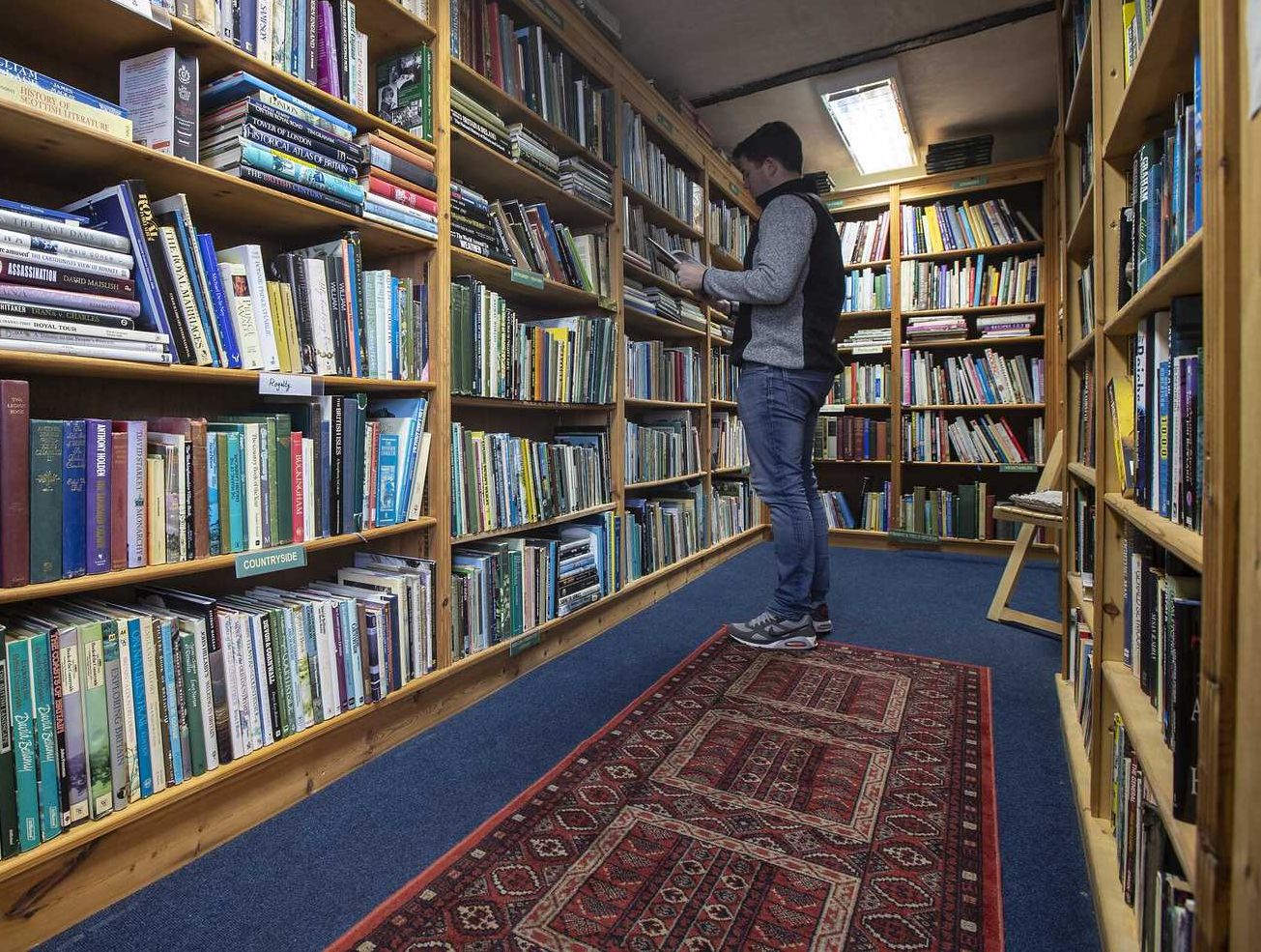How one determined mom's great idea led to these innovative, one-of-a-kind masterpieces.
This is more than a piece of art.
"The Road to Helping Hands." Photo courtesy of Kimberly Resh, used with permission.
It's a commitment. It's a movement. It's a whole lot of love.
It was created by a group of kind and amazing (and kinda amazing) middle-school students to celebrate their classmate with disabilities.
When Kimberly and Michael Resh welcomed a daughter in 1994, right away they knew something wasn't right.
Sleeping baby, sans ventilator, tubes, and beeping monitors — a newborn experience Michael and Kimberly didn't have with their first daughter, Mikayla. Photo by Morgan/Flickr.
Immediately after her birth, their daughter Mikayla required a ventilator to breathe. Five days later, doctors informed the Reshes that Mikayla had a severe and permanent brain injury.
At best, Mikayla might have cerebral palsy. Worst case? They were told she might be in a vegetative state, or not survive at all. It was a terrifying moment for the first-time parents, but with the diagnosis came a decision.
"All I could control was what I could control," Kimberly told Upworthy. "And I wanted to give her the best life possible."
Thankfully, Mikayla survived, and the Reshes set about creating a great life for their daughter, who is now 21 years old.
Due to her brain injury, Mikayla is non-verbal, deaf, and legally blind. She also uses a wheelchair to get around.
Mikayla today. Photo via Kimberly Resh, used with permission.
When it came to choosing an elementary school, despite Mikayla's significant disabilities, it was important to the Reshes for their daughter to attend their neighborhood school with kids her age.
"The district had never included a child like Mikayla [in a regular classroom] but agreed to give it a try," Kimberly said.
With the help of teacher's aides, assistants, and physical and occupational therapists, Mikayla thrived in her mainstream classroom with her peers. Kimberly even worked with Mikayla's classmates and, in 2006, published a children's book ("Our Friend Mikayla") about having a friend with disabilities.
Before long, Mikayla was in middle school and Kimberly needed a way to introduce her daughter to her new classmates.
She came up with the idea to create a project with Mikayla's art class. The students painted Mikayla's chair wheels and helped roll her across the canvas.
Photo courtesy of Kimberly Resh, used with permission.
After that, students added their own hand prints and tissue paper to create two four-by-six-foot works of art.
Not only did the project provide the opportunity for Mikayla to work with her new classmates, but the resulting projects were stunning. Both still hang in the school today.
The first, shown in full at the top of this piece (the handprints in the shape of a heart), is called "The Road to Helping Hands." The second, shown below, is titled "The Wheels of Friendship."
"The Wheels of Friendship." Photo by Kimberly Resh, used with permission.
After pushing for classroom accessibility for her own daughter, Kimberly founded Mikayla's Voice to encourage classroom inclusivity for kids with disabilities.
"The single most important thing for her and our family has been her inclusion," Kimberly said. "So it only made sense that when we started a nonprofit, it would center around including kids in regular environments."
Since the painting projects had such a positive impact on Mikayla both socially and physically (her aides remarked how relaxed she was after art class), it only made sense for Mikayla's Voice to to start with art.
As part of the nonprofit, each year students at three or four schools across Pennsylvania's Lehigh Valley complete their own paintings, working together to make large works of art for their school.
Kimberly and Mikayla also travel to local schools and community events to lead Wheels of Friendship workshops and demos.
Photo courtesy of Kimberly Resh, used with permission.
The results are bigger than beautiful paintings. For the kids with disabilities, the project is a akin to art therapy, a tool widely used to encourage communication, express emotions, and relieve stress. Additionally, Wheels of Friendship workshops offer a unique starting point for students of all abilities to make art and come together as a team or class.
Photo by Kimberly Resh, used with permission.
By teaching children about disability, empathy, kindness, and teamwork, Kimberly hopes they'll serve as advocates for inclusion.
"If you want to create a cultural change, you have to start with the kids," she said.
"Because these are the people who in 25 years are gonna be the doctors, are gonna be the teachers, are gonna be the parents teaching their own children."
Children create a work of art at Peepsfest. Photo courtesy of ArtsQuest, used with permission.
The Wheels of Friendship paintings are now on display to the public.
To make it happen, Mikayla's Voice teamed up with ArtsQuest, a local nonprofit that promotes art and cultural education. Because the large canvasses hang at schools around the Northeast, the general public often doesn't have a chance to see the beautiful works in person.
For the first time, high-resolution digital reprints are being displayed at the Banana Factory, a gallery and arts space in Bethlehem, Pennsylvania.
It's part of a larger initiative, "Arts & Access," which was organized by the local Lehigh Valley Arts Council to commemorate the 25th anniversary of the Americans With Disabilities Act.
"The Keys to Friendship." Photo by Kimberly Resh, used with permission.
"More than 30 different arts and cultural organizations in our area have teamed up with local social service agencies to offer exhibits, performances, exhibitions, film screenings and more," said Stacie Brennan, senior director of visual arts for ArtsQuest. "[All] with the goal of expanding access for people with disabilities and their families and friends."
It's a fitting honor for Mikayla and Kimberly, who have dedicated much of their lives to encouraging inclusivity.
Mikayla, now 21, will finish her formal education this summer and is already taking painting classes at the community college. She also volunteers in the art room at her former middle school, where the work of art she created with her classmates still hangs.
Though she's never said a word, the work Mikayla has done to teach, inspire, and connect kids of all abilities speaks volumes to her heart and character.
It's no wonder Kimberly smiles through a few happy tears when she thinks about it.
"I'm so proud of Mikayla, and I'm so proud to be her Mom."
Mikayla and her mom, Kimberly. Photo via Kimberly Resh, used with permission.









 A woman reading a book.via
A woman reading a book.via A woman tending to her garden.via
A woman tending to her garden.via

 Cats can be finicky about how they're held.
Cats can be finicky about how they're held.  Squish that cat.
Squish that cat. 

 A person browses at The Open Book in Scotland.Photo Credit: Colin Tennant, Flickr
A person browses at The Open Book in Scotland.Photo Credit: Colin Tennant, Flickr The bedroom for rent above The Open Book in Scotland.Photo Credit: Colin Tennant, Flickr
The bedroom for rent above The Open Book in Scotland.Photo Credit: Colin Tennant, Flickr